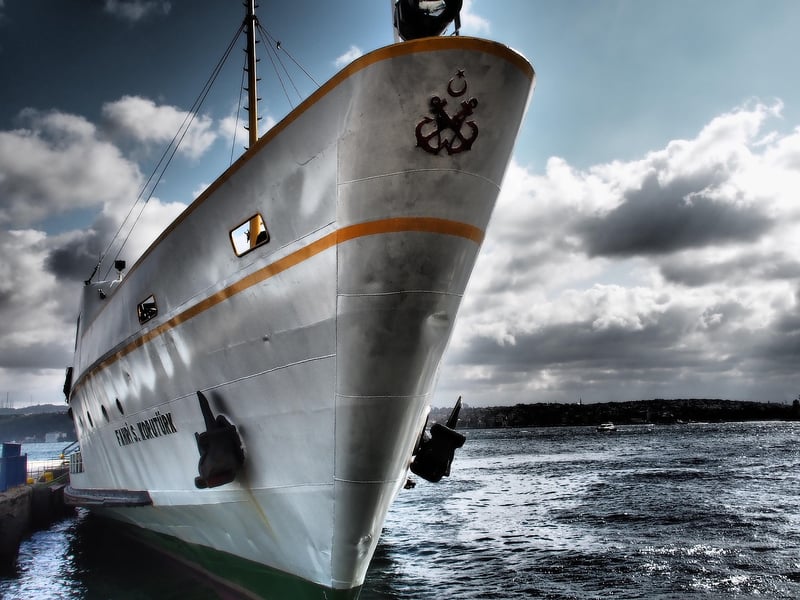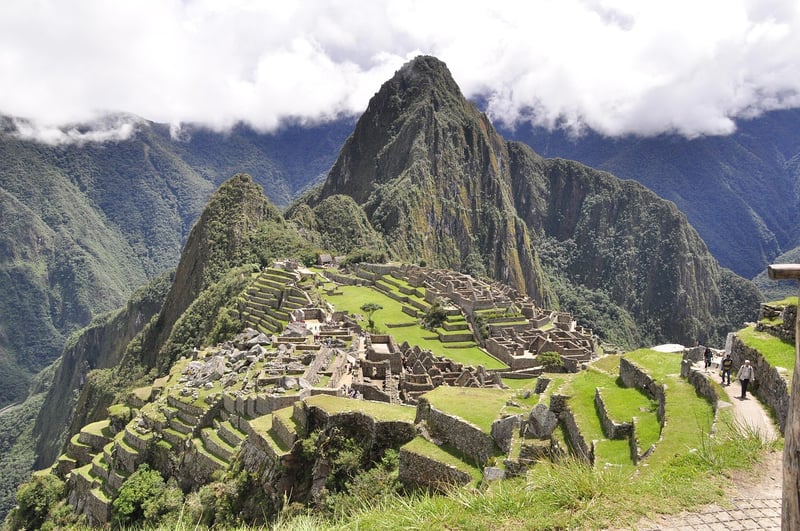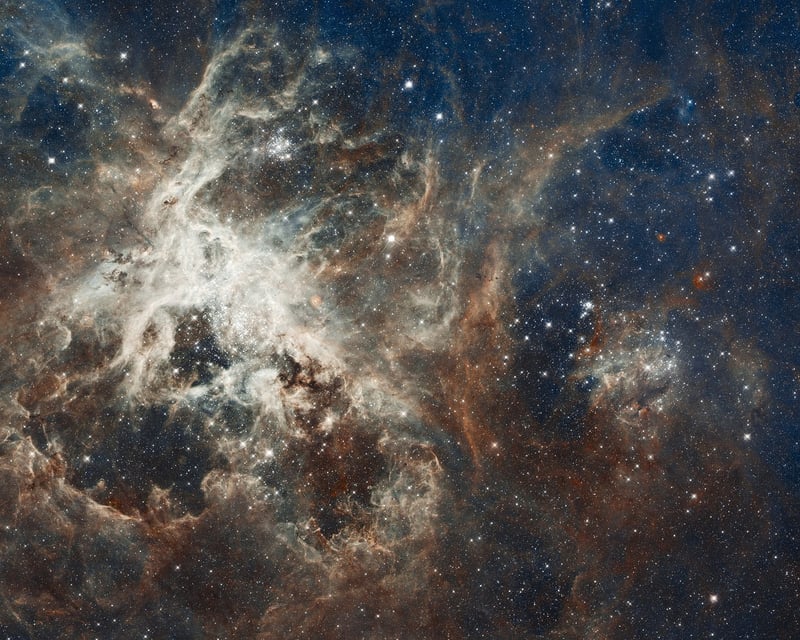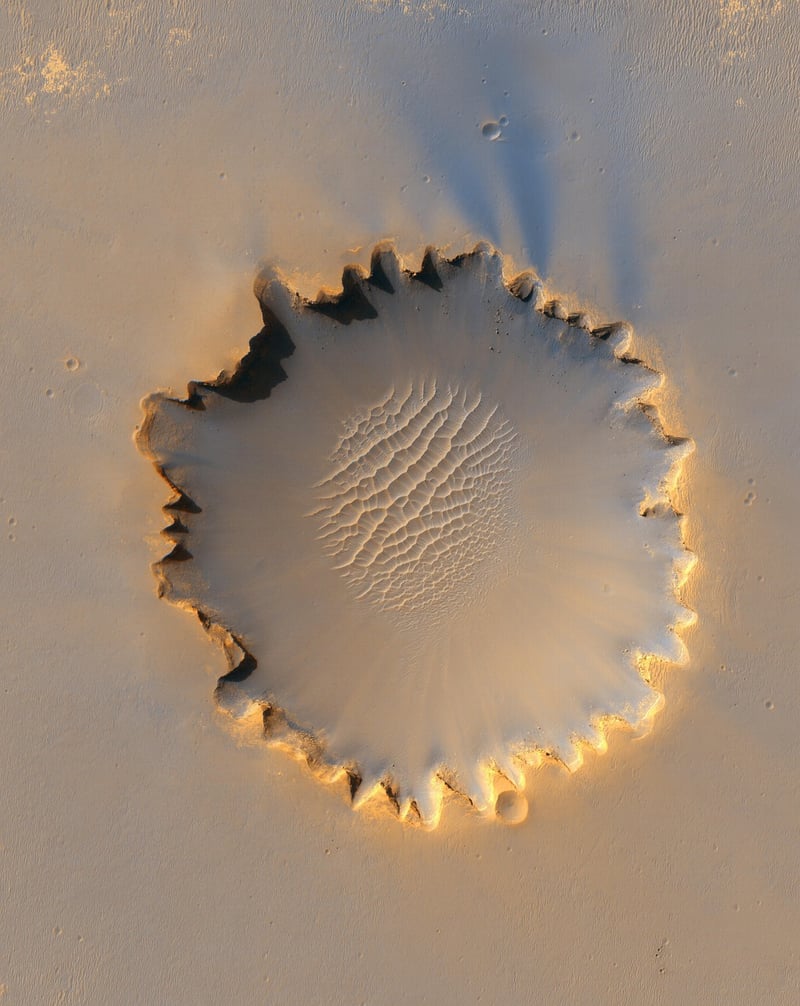Future Explorations
Exploring Different Eras and Future Explorations
Introduction
Exploration has been a fundamental part of human history, driving us to discover new lands, cultures, and technologies. From the Age of Discovery to space exploration, each era has brought new frontiers and challenges. Let's delve into the different eras of exploration and peek into the future of discoveries.
The Age of Discovery
The Age of Discovery, spanning the 15th to 17th centuries, marked a significant period of global exploration. Explorers like Christopher Columbus, Vasco da Gama, and Ferdinand Magellan set sail to find new trade routes, leading to the discovery of the Americas, Africa, and Asia.

Colonial Exploration
Colonial exploration expanded empires and trade networks. European powers established colonies in the Americas, Africa, and Asia, shaping the course of history. This era brought both cultural exchanges and conflicts that continue to influence the world today.

Space Exploration
The Space Age began in the mid-20th century, with the launch of Sputnik by the Soviet Union. Since then, humans have ventured into space, landing on the moon, sending probes to other planets, and building the International Space Station. Space exploration has expanded our understanding of the universe.

Future Frontiers
Looking ahead, future explorations hold exciting possibilities. From Mars colonization to deep-sea expeditions, humans are poised to push the boundaries of knowledge and technology. Advancements in artificial intelligence, robotics, and sustainable energy will shape the future of exploration.

Conclusion
Exploration is a timeless endeavor that fuels innovation and curiosity. As we reflect on past achievements and look towards the future, the spirit of exploration continues to inspire us to venture into the unknown, expand our horizons, and redefine what is possible.
